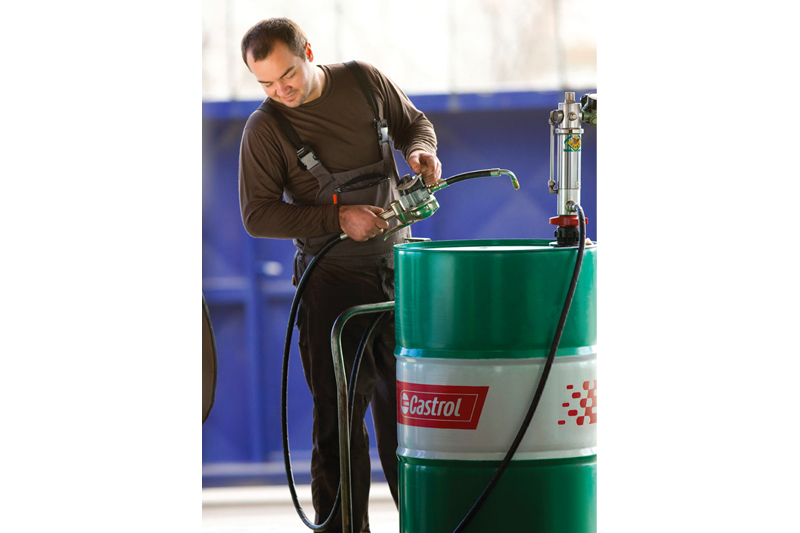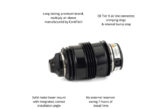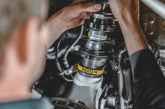
Castrol discusses what benefits having a close relationship with vehicle manufacturers can bring to its aftermarket offering.
Automotive manufacturers are under increasing pressure to deliver mobility solutions that produce lower CO2 emissions. OEMs have historically utilised technologies such as smaller engines, direct gasoline injection and turbocharging to achieve this, placing additional challenges on lubricants, such as the need to avoid low speed preignition. Precision manufacturing techniques, advanced materials and the need for fewer friction losses means Castrol is working closely with OEMs to develop the oils they need.
If an oil of the wrong viscosity is used in an engine that wasn’t designed for it, then the levels of engine wear can increase, potentially causing oil starvation issues that can rapidly lead to catastrophic engine failure. Thicker oils in newer engines will reduce the fuel efficiency of the engine and may also cause oil supply issues. Using older ‘high SAPS’ (sulphated ash, phosphorous and sulfur) oils with higher levels of additives can block filters, poison catalysts, and shorten the life of exhaust after-treatment devices. It may even cause the vehicle to fail air quality or road-worthiness checks.
Oil flushes
An oil-based engine flush can be an effective remedy for neglected engines, or engines that have otherwise experienced a build-up of sludge. Regular maintenance with high quality engine oil will prevent this from occurring, but when a second-hand car is purchased, the new owner may only have the choice of flushing the oil or stripping down the engine to clean it. Solvent-based flushing products can damage seals, and may cause permanent oil leaks, and as such are not recommended by the company.
A new product recently launched by Castrol is engine shampoo, a pre-oil change treatment that contains solvent-free powerful cleaning agent (PCA) additive technology to deliver a deep yet gentle clean. Engine Shampoo helps to maintain engine power and efficiency by dissolving and flushing out sludge during the oil change process.
Castrol works in close collaboration with OEM partners – including Ford, Honda, Jaguar Land Rover, Renault and Volvo – to develop fluids that meet the automotive industry’s evolving demands.
Advice from Catrol
Engine oil is more than just its viscosity – different specifications will need different chemistries to reach the performance required. Some engines run hot, so need extra antioxidants and detergents to prevent oil breakdown and piston deposits. Others have exhaust aftertreatment devices to reduce emissions, and these will need lower levels of some additives to prevent blocking or poisoning, so it’s vital that the owner picks the right specification of oil for their vehicle and the conditions it works under.
If you’re unsure of which oil a car needs the company has launched a new online product finder, Castrol’s oil selector, helping to identify and purchase the correct engine lubricant, transmission fluid, brake fluid and coolant for a specific vehicle. The tool can be found at: WWW.RDR.LINK/AAY020.









